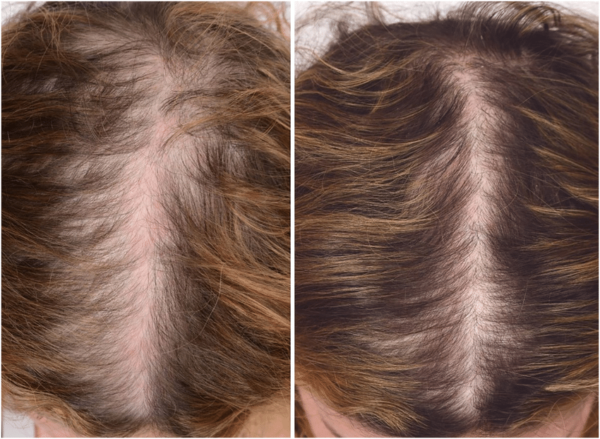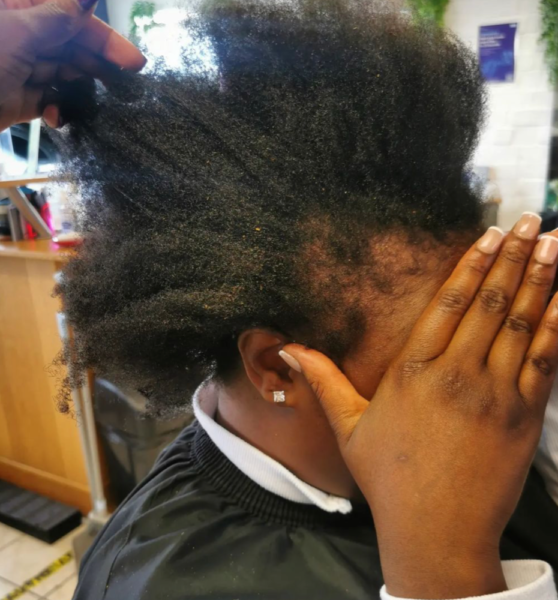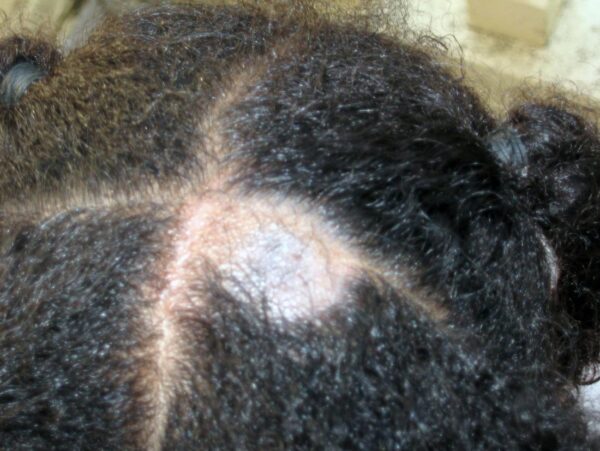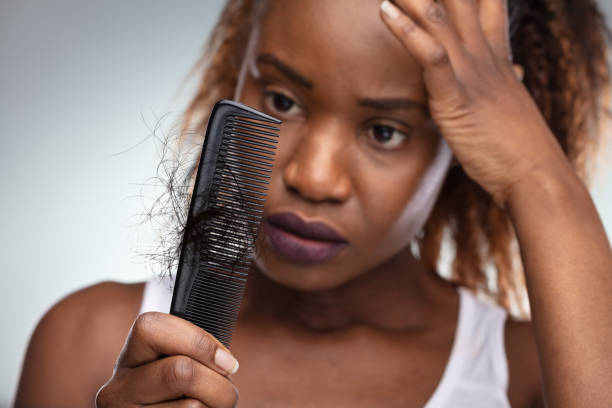There are numerous factors that might result in hair loss (alopecia). The most efficient treatments will be determined by the reason for the hair loss.
Depending on the cause of hair loss, certain practices and treatments may help strengthen or regrow hair.
Here are some causes of hair loss and how they can be treated.
1. Androgenetic alopecia
Androgenetic alopecia is another term for male or female pattern baldness. It is a very common cause of hair loss.
Both male and female pattern baldness is genetic. Males tend to lose hair from the temples and crown of the head. In females, hair usually becomes thinner all over the head.
Androgenetic alopecia is more likely to happen as a person ages but can start at any point after puberty. Many females who experience androgenetic alopecia develop it after going through the menopause. This means that hormones may have something to do with it.

Treatment
It is possible to treat this condition with minoxidil, a medication for hair growth.
2. Pregnancy
Some women may experience excessive hair loss shortly after giving birth. This is due to a decrease in estrogen levels. This type of hair loss is a temporary condition and usually resolves within a year or sooner.
Treatment:
To help hair return to its normal condition, try:
- using a volumizing shampoo and conditioner
- using products designed for fine hair
- avoiding intensive conditioners or conditioning shampoos as these can be too heavy for fine hair.
3. Telogen effluvium
Telogen effluvium is a condition where the hair remains in the telogen (natural shedding) phase of the growth cycle. This causes more hair to fall out, sometimes in handfuls.
Telogen effluvium is usually a temporary condition that resolves over time. It is advisable to see a doctor to find out the cause.
Some possible causes include:
- severe stress
- surgery
- rapid weight loss
- thyroid problems
Treatment
A doctor will need to treat any underlying causes of telogen effluvium.
4. Anagen effluvium
Anagen effluvium causes large amounts of hair to fall out rapidly during the anagen (growth) phase of the hair cycle.
The condition may cause hair to fall out from the head, as well as from other parts of the body, including eyebrows and eyelashes.
Causes of anagen effluvium include:
- chemotherapy
- radiation
- fungal infections
- autoimmune disease
Treatment
Treatment for this condition depends on the cause but can include a topical solution of minoxidil.
If a person has anagen effluvium as a result of undergoing chemotherapy, cooling the scalp during the procedure may help. Hair will often grow back 3–6 months after stopping chemotherapy.
5. Traction alopecia
Traction alopecia is hair loss due to pulling hair into tight hairstyles, which causes it to break and come loose. Hairstyles associated with this condition include:
- tight buns or ponytails
- braids
- cornrows
- extensions
If traction alopecia continues, a person may develop bald spots and thinning of the hair.

Treatment
In terms of self-care, avoiding tight hairstyles will usually prevent further damage.
6. Medications
Certain medications have side effects that can cause hair to fall out.
Examples of such medications include:
- blood thinners, such as warfarin
- Accutane, to treat acne
- antidepressants, including Prozac and Zoloft
- beta-blockers
- cholesterol-lowering drugs, such as Lopid.
Treatment
If a person thinks hair loss may be due to a medication they are taking, they should consider seeing a doctor for an assessment. The doctor might be able to reduce the dosage or switch the person to a different medication.
7. Nutritional deficiencies
Nutritional deficiencies can cause hair to fall out. Extreme diets that are too low in protein and certain vitamins, such as iron, can sometimes cause excessive hair shedding.
Treatment
A person should see a doctor for a blood test to check if they have a nutritional deficiency that could be causing their hair to fall out.
In cases due to nutritional deficiencies, you might be told to take supplements. For instance, you might be told to take a multivitamin and three to five milligrams of biotin daily.
Eating a nutritious diet that includes proteins, fats, and certain vitamins and minerals is also recommended in this case.
8. Ringworm
Ringworm is a fungal infection that can cause hair loss. Ringworm on the scalp, or tinea capitis, can cause temporary bald areas on the head.
Symptoms include:
- a small spot that gets bigger, causing scaly, bald patches of skin
- brittle hair that breaks easily
- itchy, red patches of skin in the affected areas
- oozing blisters on the scalp
- ring-like patches, with a red outside and the inside of the circle matching the skin tone.

Treatment
If ringworm does not heal by itself, then a doctor may prescribe an antifungal medicine.
Alternatively, they may prescribe an antibiotic, such as Griseofulvin.
Credit: Medical News Today






